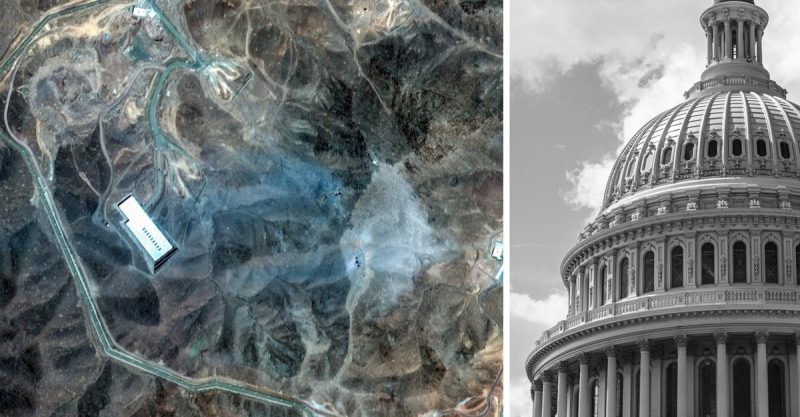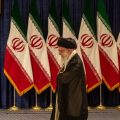
The recent bombing of Iranian nuclear sites by Donald Trump has ignited a firestorm of controversy, raising serious questions about the limits of presidential power and the state of American democracy. Representative Thomas Massie of Kentucky, among others, has rightly pointed out that the Constitution explicitly grants Congress, not the President, the power to declare war. This action, therefore, represents a blatant disregard for the foundational principles of our government.
Senator Chris Van Hollen echoed these concerns, calling Trump’s actions a clear violation of the Constitution. Representative Alexandria Ocasio-Cortez went further, stating that the attack constitutes grounds for impeachment. The consensus among many legal scholars and politicians is that neither the Constitution, the War Powers Resolution, nor any previous authorization for military force justifies Trump’s unilateral decision.
But the issue transcends mere constitutional legality. The lack of a congressional vote undermines the very fabric of American democracy. It deprives citizens of their fundamental right to participate in decisions of such profound consequence. Compare this to the 2002 Iraq War authorization: despite the war’s eventual failure, the preceding congressional debate provided a vital platform for public discourse, allowing citizens to engage with the issue and hold their representatives accountable.
The Iraq War debate, even with its flawed outcome, served as a crucial exercise in democratic deliberation. Lawmakers and the public alike were exposed to diverse perspectives, and a clear record of the arguments for and against the war was established. Citizens were able to actively lobby their representatives, influencing the decision-making process. And, critically, they could later hold their elected officials accountable for their votes, impacting their careers and future elections.
The absence of such a process in the recent Iranian attacks leaves American citizens disempowered and vulnerable. Without a congressional vote, there’s no mechanism for public accountability, no opportunity for meaningful debate, and no avenue for redress. This unilateral action sets a dangerous precedent, eroding the checks and balances that are essential to a functioning democracy. The attack on Iran is not just a constitutional crisis; it’s a profound democratic failure.










